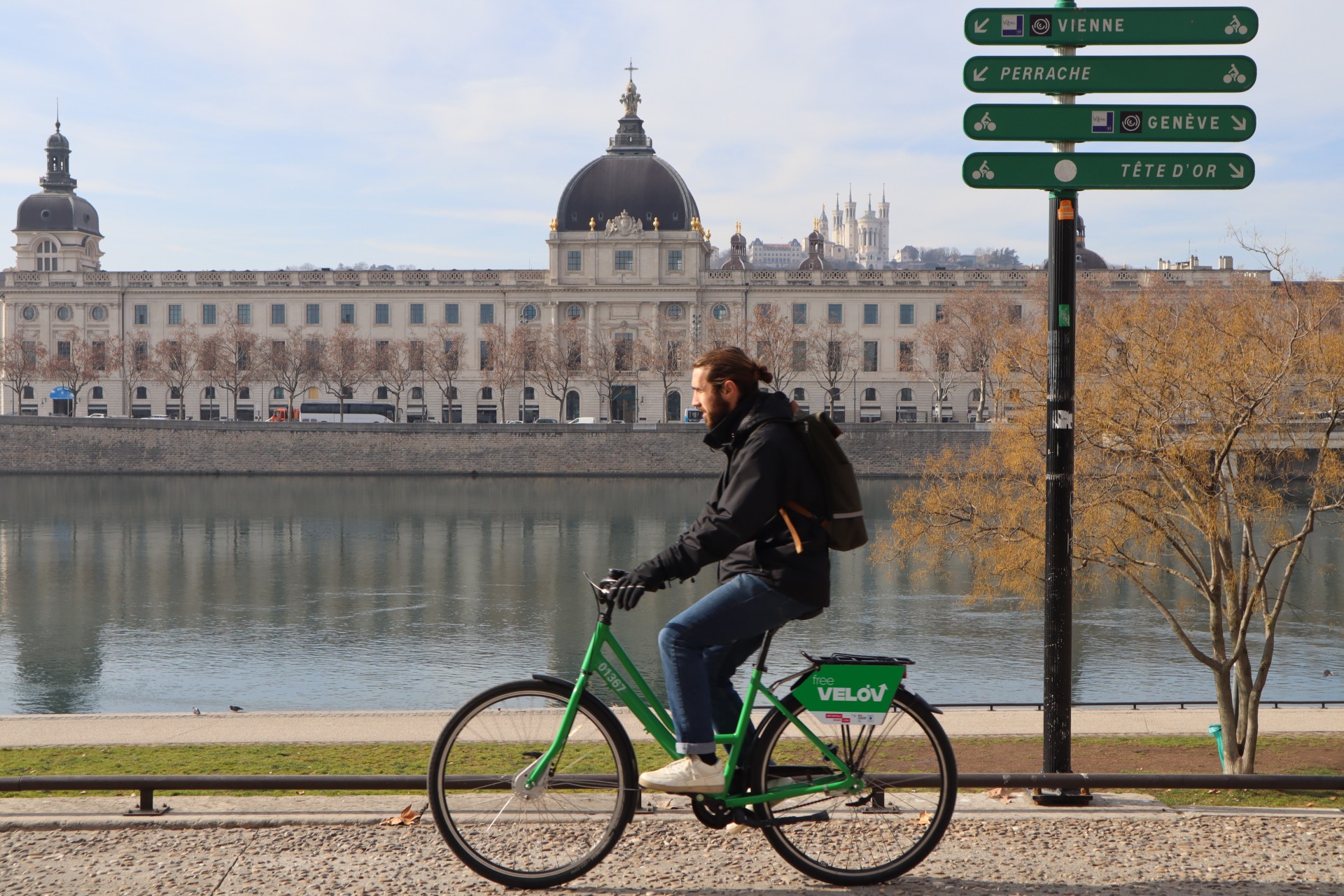Local Authority Pioneers
Let’s deliver the benefits of micromobility modal shift together in partnership.
We will help you chart a path towards a healthier, cleaner and more vibrant urban environment, while ensuring smooth, safe and inclusive operations.


Expert advice:
Project feasibility, scheme and asset suitability, project budgets and potential income streams

Asset procurement:
Mechanical and electric bicycles, scooters, street furniture and docking systems

Software Solutions:
Proprietary, white label or third party solutions to manage bike share schemes and payments, as well as fleet management solutions and MaaS integration

Maintenance Operations:
Preventative, reactive and predictive maintenance solutions to ensure maximum fleet uptime

Logistics Operations:
Rebalancing and redistribution operations to ensure availability of assets with minimal environmental impact
Our Pioneer Partners







